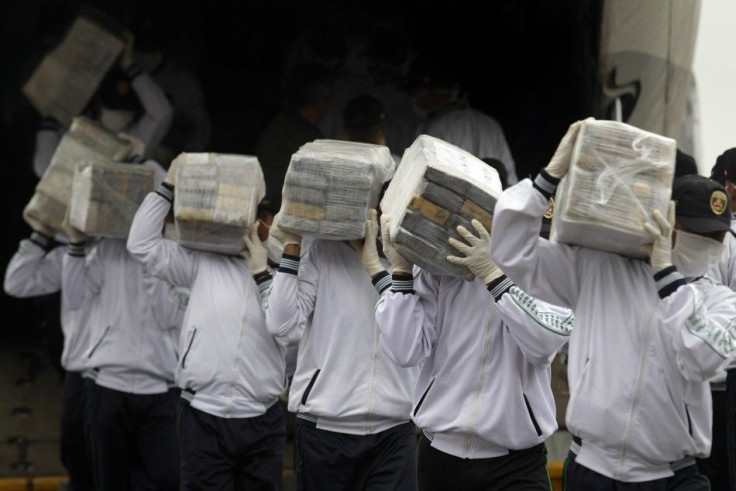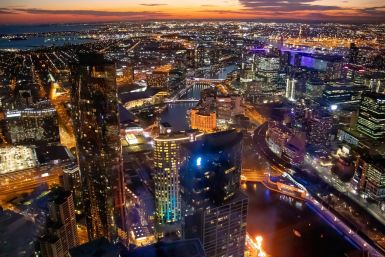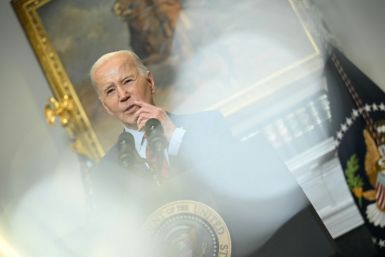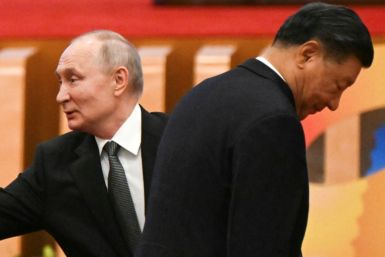Global Commission On Drug Policy Recommends Decriminalisation of Heroin, Cocaine

The Global Commission on Drug Policy wants to go beyond the legalisation of marijuana but would recommend on Tuesday, Sept 16, the decriminalisation and regulation of the use of most other illegal drugs such as heroin and cocaine.
The report, to be released on Tuesday, would justify the recommendation to the broken state of the international drug control system. It would push for government to have a wider elbow room to experiment with the regulation of drugs, except for the most deadly ones, reports The Wall Street Journal.
"We have to control drug, which are out of control," said former Brazilian President Fernando Henrique Cardoso. The commission is made up of 21 members who are mostly former heads of states or top national officials.
"Some lethal drugs have to be prohibited ... but the guiding principle has to be to guarantee the health and safety of people," explained Cardoso.
Other members of the commission include former Mexican President Ernesto Zedillo, ex-Columbian President Cesar Gaviria, former US State Secretary George Shultz and ex-US Federal Reserve Chairman Paul Voclker.
The report pointed to the UN General Assembly Special Session, which meets in 2016, as a chance to amend the global drug policy, although the UN has a hard line stand against drugs. The special session is originally scheduled in 2019, but the three former presidents of countries notorious for drug trade requested the session - supposed to tackle the progress in eradication of drug use and production - would push for a change instead in drug policy.
The change, though is expected to be heavily opposed by some conservative nations like Arab countries and Russia.
The report will insist that after 43 years of moves to reduce drugs heavily dependent on law enforcement which criminalises users has led to violence, instability and corruption. It only boosted the wealth of drug traffickers and caused an increase in human rights abuses, plus block economic development, the report added.
The report cited data from the UN Office on Drugs and Crime that in 2005, of the global retail drug trade valued at $332 billion, only $13 billion went to producers, while the bulk benefitted middlemen.
Under a regulated system, the commission recommended that drugs must not be sold to minors and fatal drugs such as crack cocaine, more known as krokodil, continue to remain disallowed.
The proposal comes at a time that several US states and some countries have legalised medical marijuana use. Although the proposal would likely be debated by pro and anti groups, for drug rehab operators, it may mean they have to expand their facilities since the move may result in more people becoming addicted to opioids and substances and needing help.






